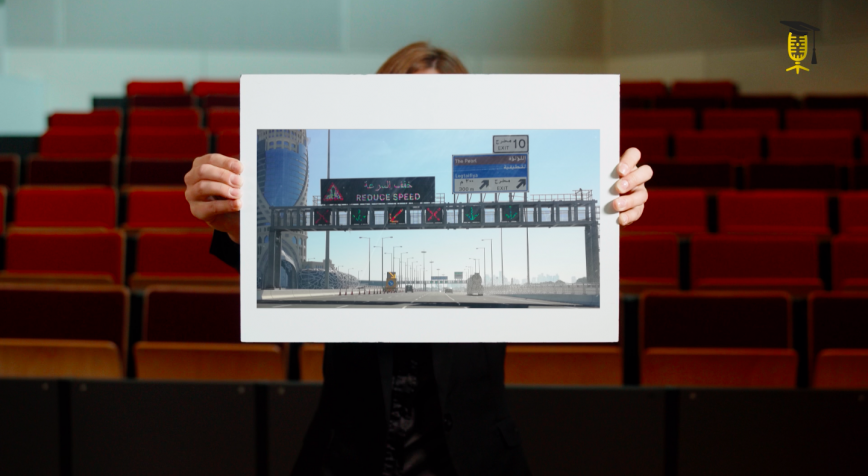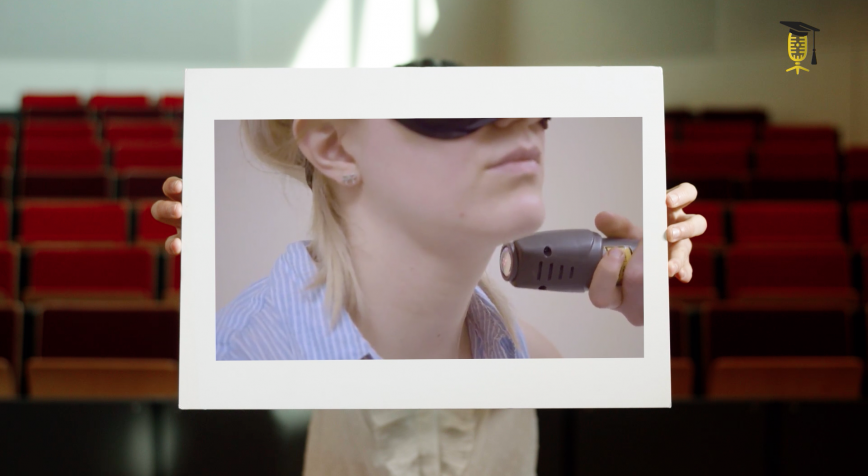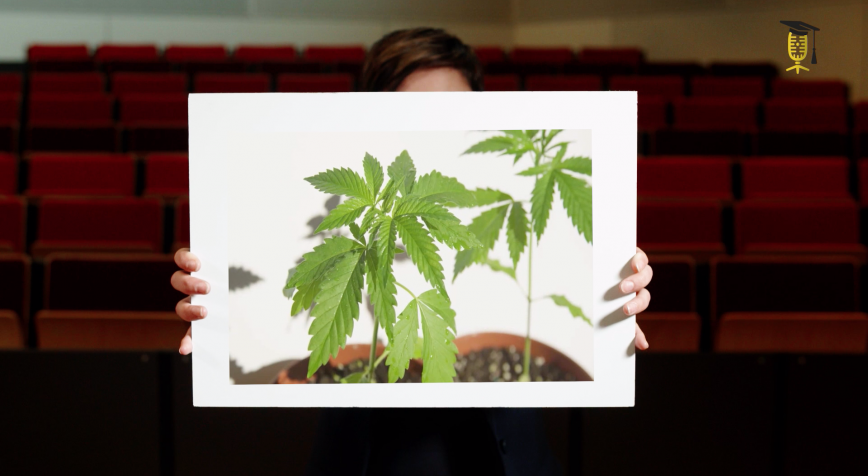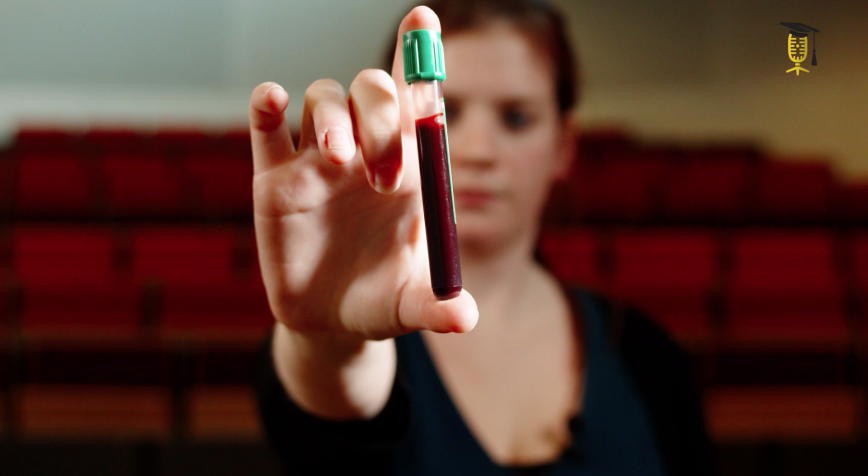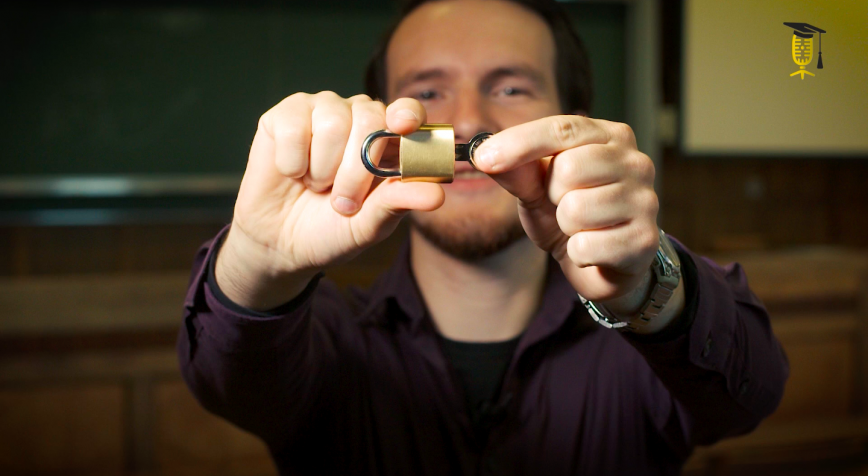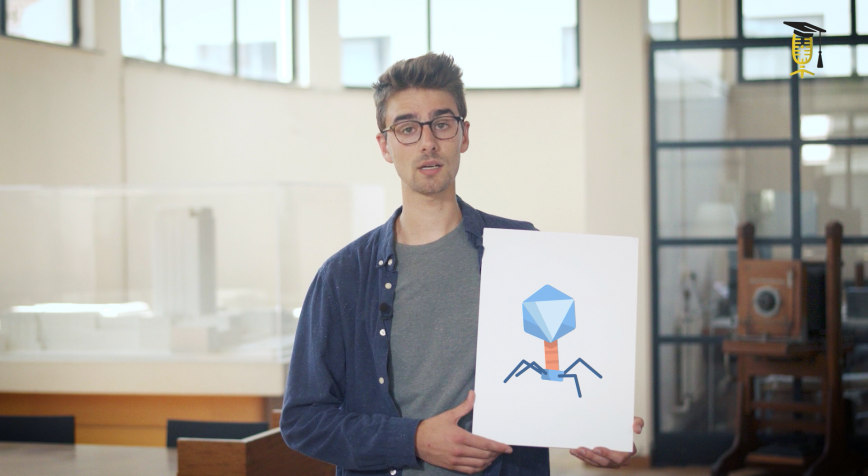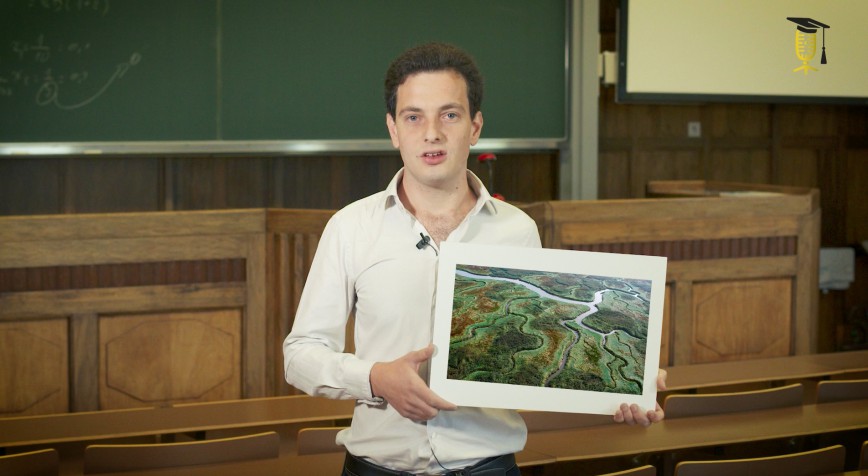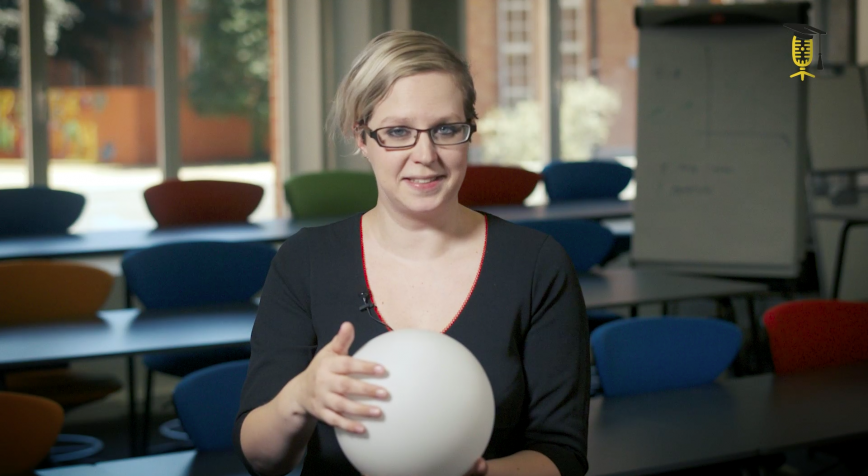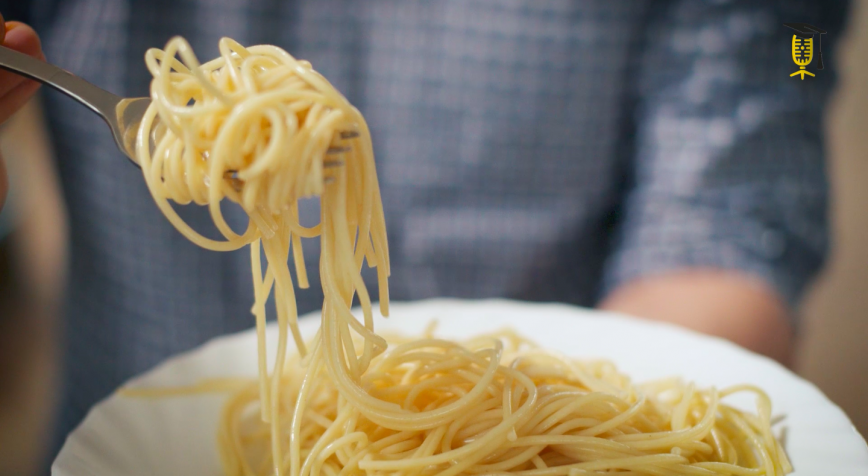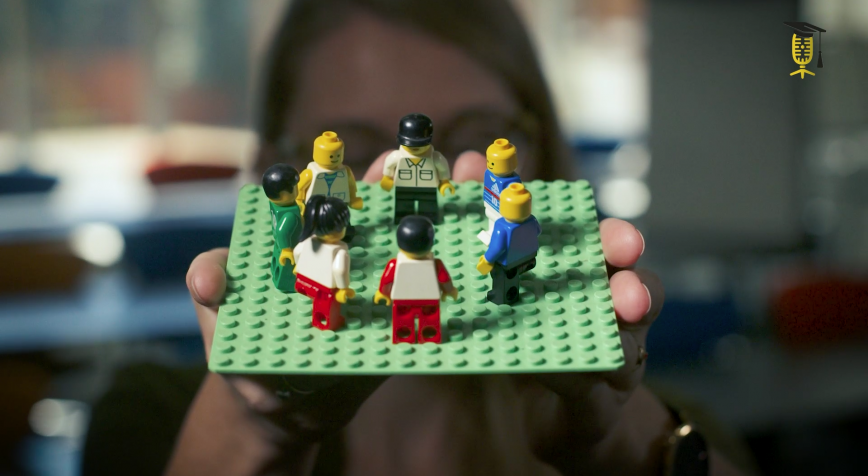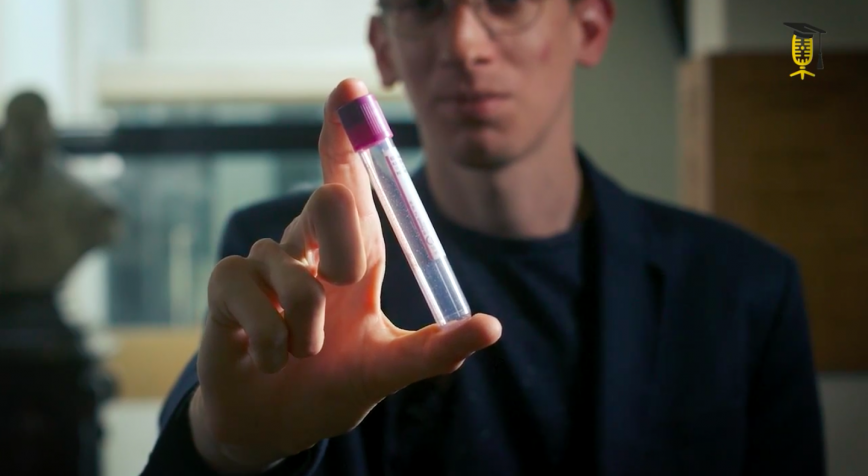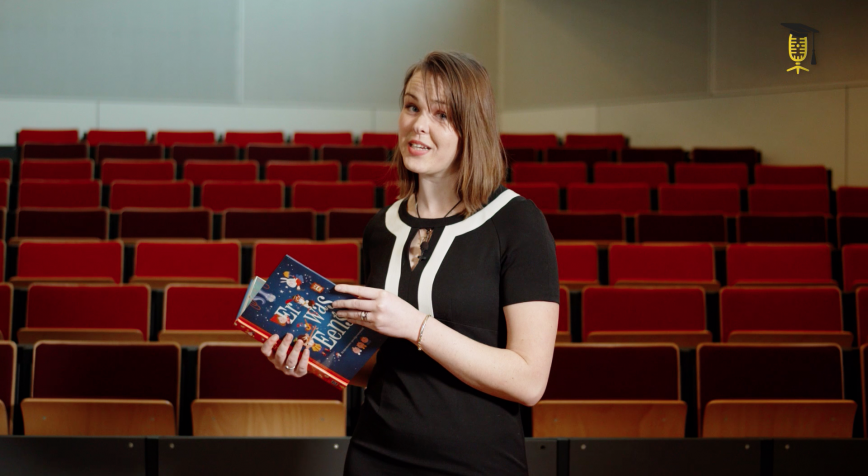
UHasselt
How to grow healthy crops on bad lands
Once upon a time there was a bright and passionate young microbiologist who dreamt of growing healthy crops on bad lands. But how on earth could she grow crops on land devoid of life? ... Are you wondering how this fairy tale continues? Let Tori Langill take you along in her 'magical' research story.
